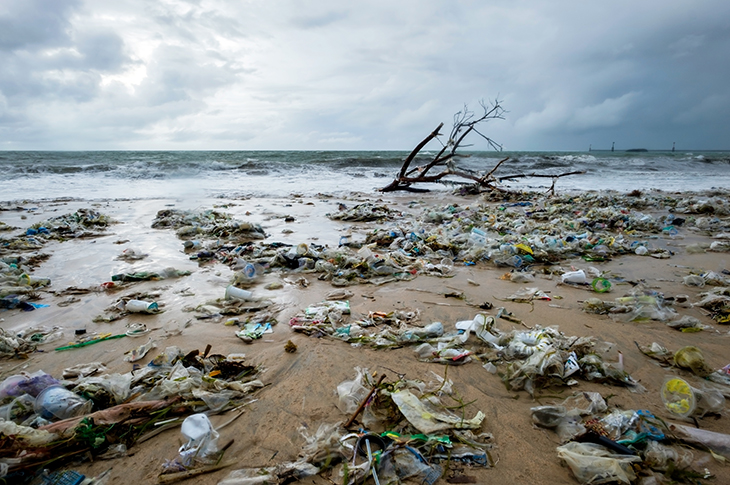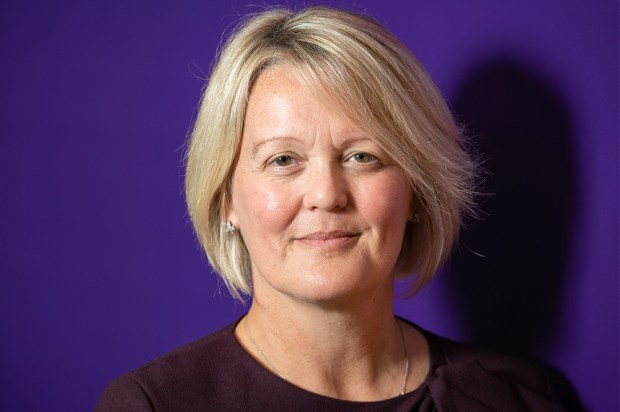So farewell Bernie Ebbers, former chief executive of WorldCom, the long–distance phone operator that became America’s biggest-ever bankruptcy case in 2002. Ebbers has died aged 78, having been released on health grounds in December from a 25-year jail sentence for his part in an accounting fraud that concealed the perilous state of WorldCom’s finances, misleading investors after a series of high-risk acquisitions by the bejewelled ‘telecom cowboy’ Ebbers during the dotcom boom.
By repute, US justice aims to make examples of high-profile corporate miscreants, starting with the humiliating ‘perp walk’ into court and concluding with harsh sentences and scant hope of parole. But in actuality Ebbers was one of a surprisingly short list of top executives convicted for all the financial shenanigans of the pre-2008 era and may be the last to leave prison. Enron chief Jeff Skilling cut a deal which got him out last year (his chairman Ken Lay, convicted in the same trial, died before sentencing). Dennis Kozlowski of the security systems company Tyco — convicted of receiving $81 million in unauthorised bonuses and famed for spending $1 million of company cash on a ‘Roman orgy’ birthday party for his wife — is back in the mergers and acquisitions business.
Another irony of the US system is that bent big-company bosses, who might once have been role models for their industries, seem to get off lighter than large-scale fraudsters who fly solo. Spare a thought, if you feel inclined, for the two greatest modern exponents of the Ponzi scheme, the now elderly financiers Allen Stanford and Bernie Madoff, who are unlikely ever to be back in business since they’re respectively due for release in 2105 and 2139.
Airbus vs Boeing revisited
Speaking of miscreants, I praised Airbus last month for outpacing Boeing in 2019 aircraft sales, only to find this month that the pan-European manufacturer owes €3.6 billion in fines to US, UK and French regulators in respect of worldwide bribery offences. Should I reverse my judgment, on the basis that Boeing has outpaced Airbus in ethical behaviour? Not quite: at the heart of Boeing’s current crisis with its grounded 737 Max model is the allegation (supported by recently released internal documents) that some executives knew it had an -aerodynamic design flaw but that, in the heat of competition with Airbus, regulators were kept in the dark, sales went ahead — and two planes crashed, killing 346 passengers and crew.
Both look like sinners in very different ways and it’s little consolation that both are deeper in the doghouse than our own aero-engine maker Rolls-Royce (fined £671 million in 2017 for bribery offences) and BAE Systems (fined $450 million in 2010 to settle investigations into dealings in Saudi Arabia and Tanzania). It’s hard also to avoid the conclusion that this is an industry in which the urge to nail sales contracts overwhelmed the moral compass and only in the light of adverse publicity has anything serious been done about it.
‘We’re just going to get back down to restoring trust,’ says new-broom -Boeing chief David Calhoun, while his Airbus opposite number Guillaume Faury waxes about his mission ‘to embed irreproachable behaviours in all our business undertakings sustainably’ — and Warren East of Rolls-Royce deploys the same hot-button word to emphasise his commitment to net zero carbon by 2050: ‘We absolutely must do as much as sustainably possible…’
That takes us into the debate about corporate behaviour in relation to the ‘climate emergency’, which these days overshadows all else. But sustainably speaking, we might ask, is it worse to be an environmental polluter or a moral one? Put another way, if big aerospace invents an ultra-low-emission aircraft engine, would it be OK to bribe airlines to buy it instead of cheaper but toxic old technologies? Perhaps Greta Thunberg will email an answer. Meanwhile, all we can say conclusively is that this industry still has to prove it can clean up its act.
Fake news from Sunderland?
I’m intrigued by the FT’s report that the Japanese auto giant Nissan has a contingency plan to ‘double down on the UK’ by radically increasing car production for the domestic market here if export sales to Europe are impeded by tariffs. Its Sunderland plant last year exported 80 per cent of the 350,000 cars it built: if it sold the same number or more to British motorists, it would grab 20 per cent of our market — and its Tokyo parent would probably close plants in France and Spain.
That sounds like a dream come true for Boris Johnson, who made a point of taking his cabinet to Sunderland on Brexit day. The trouble is (though the FT claims two inside sources) that Nissan denies such a plan exists and has reasserted that ‘our entire business both in the UK and Europe is not sustainable in the event of WTO tariffs’.
So fake news, perhaps — but a reminder that the hyper-efficient £4 billion Sunderland factory is the very bellwether of the fate of the UK automotive industry which hangs upon the result of the Johnson–Barnier chess game that’s about to commence. If Sunderland survives and thrives, there’s hope; if Tokyo’s axe falls, the game’s over.
Freedom blooms
Brexit was marked in my Yorkshire town of Helmsley (in a constituency that voted 56 per cent for Leave) with a booze-up in our excellent artisan brewery. The alternative entertainment, for the genteel, was a charity screening of the 1993 film of Frances Hodgson Burnett’s Edwardian novel The Secret Garden. Can I make a metaphor out of that? Of course I can. Petulant posh kids, trapped in a vast, dark mansion, rebel against dirigiste housekeeper Maggie Smith (in top form). Supported by stout-hearted northern lads, our protagonists outwit and defy their keepers to enter a forbidden garden where every flower blooms, all nature’s creatures gambol in harmony and sunlit uplands beckon beyond. Geddit? Let’s hope.
Got something to add? Join the discussion and comment below.
Get 10 issues for just $10
Subscribe to The Spectator Australia today for the next 10 magazine issues, plus full online access, for just $10.
You might disagree with half of it, but you’ll enjoy reading all of it. Try your first month for free, then just $2 a week for the remainder of your first year.















Comments
Don't miss out
Join the conversation with other Spectator Australia readers. Subscribe to leave a comment.
SUBSCRIBEAlready a subscriber? Log in